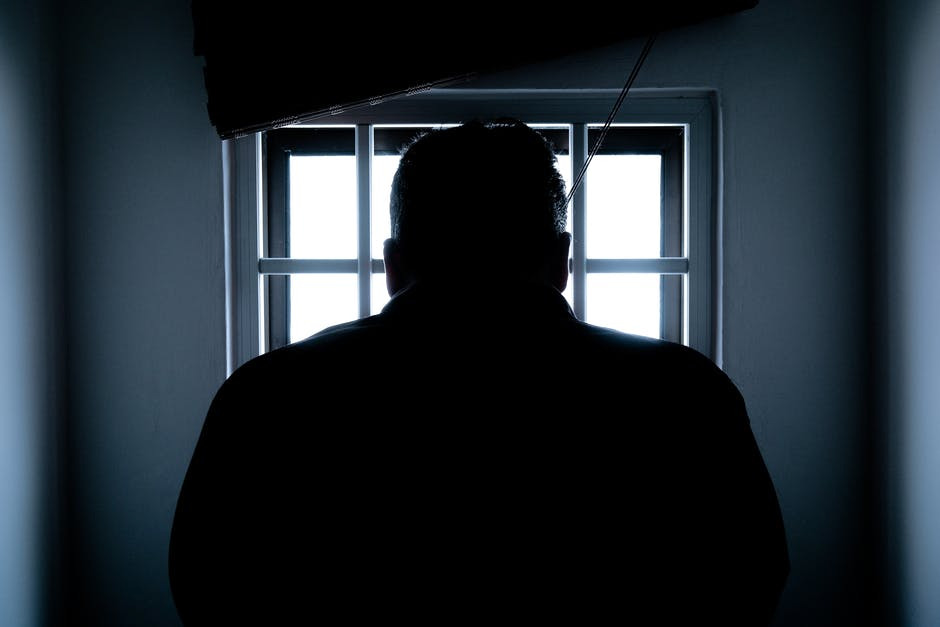
Addiction is a disease. However, instead of being treated for their disease, many individuals in the United States are put into the prison system. Jail time may be suitable for individuals who traffic drugs or are charged with violent crimes. However, according to PEW’s article “More Imprisonment Does Not Reduce State Drug Problems,” incarceration does not deter drug and alcohol use or help individuals recover from substance use disorder (SUD).
How Many People With Addiction Are Incarcerated?
According to the National Institute on Drug Abuse (NIDA), 65% of United States prison inmates meet the diagnostic criteria for SUD. However, very few of these people actually receive treatment for their addiction. According to the NIDA, there is no evidence to support incarceration as an effective way to reduce drug and alcohol use. Instead, they state, “[A]ddiction is a treatable disease of the brain that needs proper medical attention.”
Lack of Access to Treatment
Unfortunately, most jails and prisons do not have the staff or training to offer substance abuse treatment services. According to the NIDA, “[O]nly a small percentage of those who need treatment while behind bars actually receive it, and often the treatment provided is inadequate.”
Without access to adequate treatment, prisoners who are released are more likely to overdose or commit another crime. According to the Prison Policy Initiative’s article “Mass Incarceration: The Whole Pie 2020,” at least one in four people who go to jail will be arrested again within the same year, including those with SUD.
Why Choose Treatment Over Incarceration?
When an individual is in prison, they may lose access to drugs and alcohol. However, without treatment to get to the root cause of the addiction, they do not lose the desire to use. The brain is still wired to associate addictive substances with pleasure and comfort; prison does not change that. Because of this, once a person is released from prison, they are likely to return to substance abuse.
However, treatment helps individuals get to the root cause of addiction. In treatment, trained therapists work with those recovering from SUD to identify and resolve co-occurring disorders and past trauma. Individuals will learn to recognize people, places, and events that have triggered past addictive behavior and develop coping skills to manage triggers when they are properly treated for their addiction. With treatment, individuals are more likely to achieve long-term sobriety, ultimately reducing incarceration rates.
Many people with substance use disorder are put into the prison system, where they are unlikely to receive adequate treatment for their disease. Putting those incarcerated through treatment programs can help them overcome addiction and find healing. When an individual can get to the root of their addiction with a trained therapist, they are less likely to return to substance abuse, ultimately reducing incarceration rates. If you are struggling with addiction and searching for treatment, The Guest House is here for you. Our facility uses evidence-based and holistic practices to help you find recovery. Call us at (855) 483-7800.